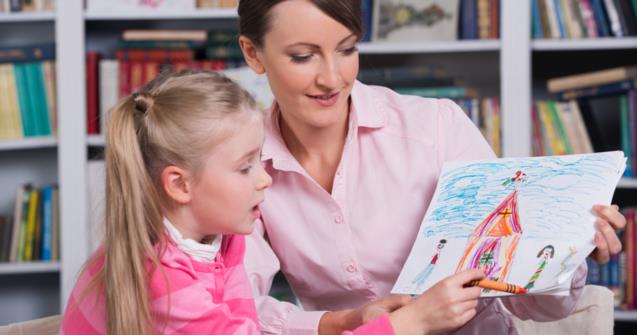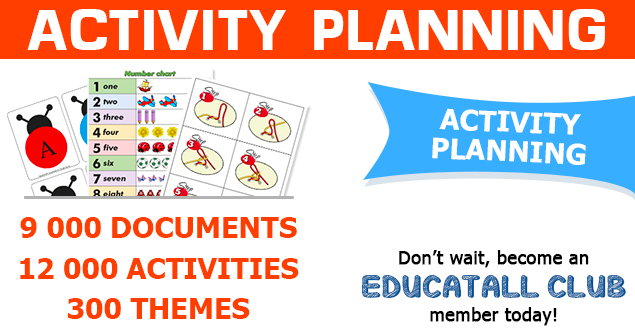
Social skills and children with special needs
Mastering social skills can be challenging for many children who have special needs. This can be the case if their difficulties lie within an intellectual disability, a language disorder, or autism.
In fact, a child who has language delays due to one of the three previously mentioned diagnoses may be slow to acquire the ability to name his feelings and needs. He will therefore have trouble making verbal requests and use his behavior and actions to express himself.
This is common in two-year-olds. At two years of age, children’s language skills are not developed enough to make it possible for them to communicate verbally with others. For this reason, aggressive behavior culminates.
In children who have special needs, aggressive behavior can persist and inevitably harm children’s relationships with others. Other children can complain about the behavior of children who have developmental delays and refuse to play with them.
Developmental delays and various diagnoses that are common during early childhood can also affect children’s emotional maturity. Waiting for their turn, sharing, following instructions, sharing instructions, reaching a compromise, and expressing empathy are examples of social skills that children may find especially difficult to manage.
How to help children who have special needs develop social skills?
As adults, understanding how behaviors which may seem less prosocial are the norm for children who have special needs will make it easier for us to feel empathy. We will therefore be less likely to be irritated by these behaviors.
That is precisely what children who have special needs require: empathy, consideration, and understanding. In contrast, a judgemental attitude, exasperation, or impatience may exacerbate their behavioral problems since they will feel as if no matter what they do (and ultimately who they are) it’s never enough or worthy of praise and appreciation. Children may become discouraged and lack the will to sustain their efforts. As a result, their problematic behaviors may worsen and negatively affect your relationship as well as group dynamics.
How to foster social skills with children who have special needs
1. Visual aids
For example, you may use simple illustrated scenes that represent daily life to break down the steps associated with appropriate behaviors. To help children learn to communicate with others, you could use the following illustrations:
- A child looking at another child.
- A child smiling at another child.
- A child moving towards another child.
- A child asking another child if he can play next to him.
- Two children playing side by side and smiling.
2. Concrete examples of what is expected of the children in your group
You could, for example, execute whatever it is you expect a child to do moments before asking him to do so. Encourage the child to reproduce your behavior, actions, or words, and congratulate him for his efforts or for succeeding.
3. Prosocial modelling
Whenever a child who has special needs witnesses another child demonstrating prosocial behavior, be sure to congratulate him, for example by saying, “Good job Gregory for offering to help Alicia.” In doing so, the child who has special needs will observe what is considered acceptable behavior and with time, he may learn to reproduce it.
4. Positive reinforcement
Every time you notice a child who has special needs adopting prosocial behavior, congratulate him and show him how proud you are. Everyone enjoys compliments. Positive reinforcement may motivate the child to continue to adopt this type of behavior.
In conclusion, keep in mind that delays are normal when it comes down to children who have special needs acquiring social skills. It is therefore highly likely that these children will not be at the same level as the children in your group who have no diagnosis. Simply adapt your expectations to the capacities and limits of those who have special needs. Recognize their progress and remember to be proud of your efforts too!

 Home
Home Theme activities
Theme activities
 Babies and toddlers
Babies and toddlers
 Arts and crafts
Arts and crafts
 Science
Science
 Creative recipes
Creative recipes
 Tips and tricks
Tips and tricks
 Special needs
Special needs
 Extra activities
Extra activities
 Educ-TV
Educ-TV
 Newsletter
Newsletter  Online store
Online store Educatall club
Educatall club

